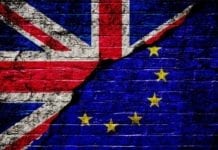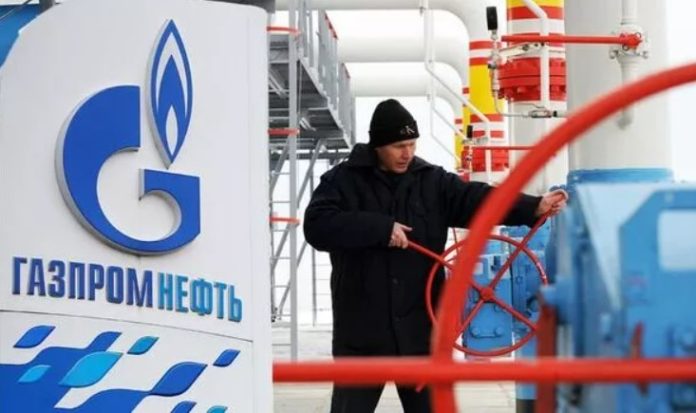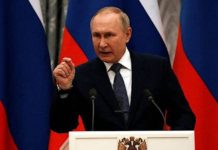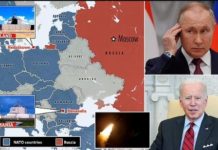RUSSIAN energy giant Gazprom, in line with its promise to fulfil all European contracts despite the war, is continuing to pump its gas westward.
Some 94.6 million cubic metres were supplied to European nations on Thursday, March 17, with a significant delivery made via Ukraine, which Russia invaded on February 24.
The Russian state-owned company’s decision to carry on serving its customers is thought to be in its own interest rather than that of the West.
Alexei Miller, the head of Gazprom, called on his 500,000 employees to rally around Vladimir Putin to conserve Russia as a great power in the face of foreign attempts to break the country.
He wrote in a letter published on Thursday: “Today, like never before, it is important to remain committed to the common cause, to rally around our president.”
Miller, a close ally of Putin since they worked together in the early 1990s in the mayor’s office in St Petersburg, claimed supporting the Kremlin would “preserve Russia as we know it and love it”.
The 60-year-old oligarch was appointed chief executive of Gazprom in 2001, a year after Putin was first elected president.
In the letter, dated March 5 and confirmed as genuine by a company spokesman today, the Gazprom boss said there were many examples of failed attempts to damage his country.
Without explicitly mentioning the war in Ukraine, which Moscow calls a “special military operation”, he urged people to beware of destructive attempts to instill friction that might split the nation.
Gazprom, as the world’s largest natural gas company by production, supplies around 40 percent of Europe’s gas, and a third of that passes through Ukraine before making it to its final destinations.
Reliance on Russian gas, out of fear of shortages, played a key role in governments’ approach to Moscow’s attacks on Kyiv – especially before the full-scale invasion of Ukraine began on February 24.
Moscow, as part of its response to sanctions imposed over the invasion of Ukraine, last week threatened to cut natural gas supplies to Europe via the Nord Stream 1 pipeline
The European Commission, in a bid to get rid of any dependency on Putin’s regime, published plans to cut its use of Russian gas by two-thirds this year and end its reliance on Russian supplies of the fuel “well before 2030”.
EU climate policy chief Frans Timmermans said: “It’s hard, bloody hard. But it’s possible.”
Meanwhile, Britain earlier this month announced it will phase out imports of Russian oil and oil products by the end of 2022 as well as consider banning its natural gas.
A news release from the Department for Business, Energy and Industrial Strategy read: “In a competitive global market for oil and petroleum products, demand can be met by alternative suppliers.
“We will work closely with international partners to ensure alternative supplies of fuel products.
“Russian imports account for 8 percent of total UK oil demand, but the UK is also a significant producer of both crude oil and petroleum products, in addition to imports from a diverse range of reliable suppliers beyond Russia including the Netherlands, Saudi Arabia, and USA.”
Russian gas in the UK accounts only for about three percent of the market, as most of Britain’s supply comes from the North Sea and Norway.
Yet, reducing imports could be a crucial contribution to the international efforts putting pressure on Putin’s regime.
New research found the UK could eliminate all need for imports of Russian gas this year if it worked on a combination of energy efficiency, expanding renewable power generation and a campaign to help people change their behaviour.
According to the green thinktank E3G, imports of Russian gas could be cut by 80 percent, while households could save about £150 on their bills.
The remaining 20 percent could be erased by generating more power from renewable sources, such as new wind farms and solar panels.
Colm Britchfield, researcher at E3G and co-author of the report, said: “With government support, ordinary UK households can play a huge role in cutting Putin out of our energy system.”










































